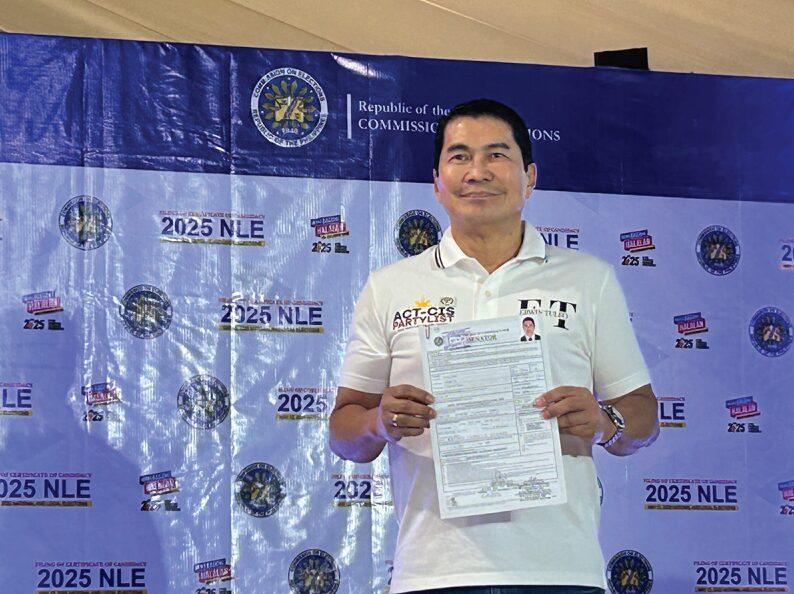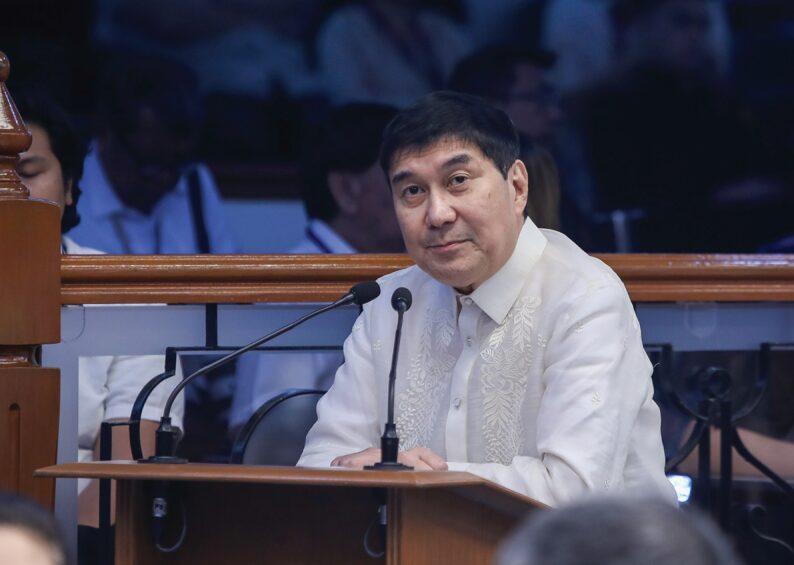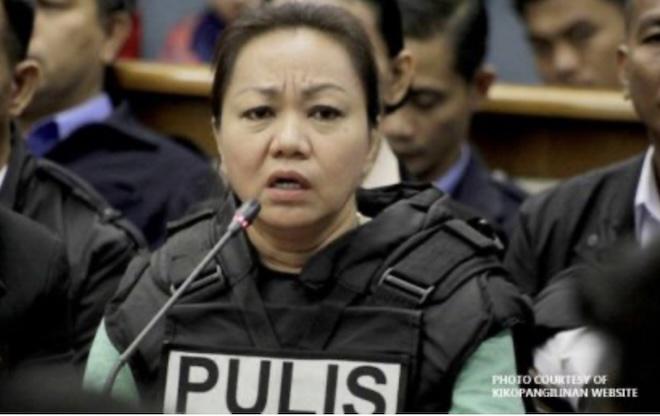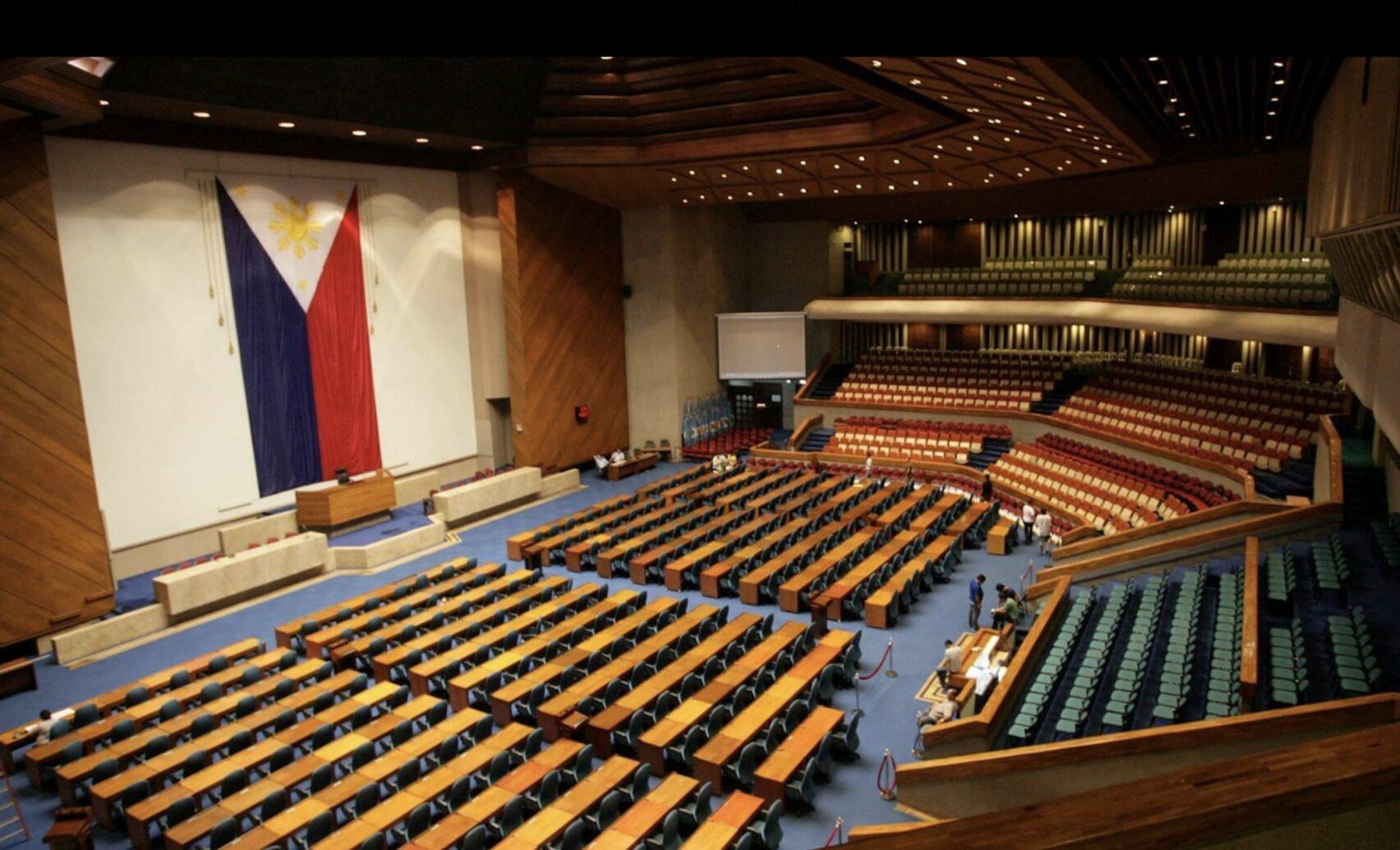Raffy and Erwin Tulfo—two of the Philippines’ most recognizable broadcast personalities—are poised to serve side by side in the Senate for the first time. From their journey as media crusaders to elected lawmakers, to the narrow Senate loss of their brother Ben, the Tulfo brand has reshaped the country’s political landscape. Their ascent raises deeper questions about power, populism, and the shifting dynamics of public trust in Philippine politics.
In the storied halls of the Philippine Senate—long dominated by dynasties, technocrats, and ideological stalwarts—two brothers forged not in party politics but in the crucible of public outrage are about to take their seats. Raffy and Erwin Tulfo, household names synonymous with blunt justice and on-air confrontation, have crossed from broadcast studio to legislative floor. What began as a brand is now political reality.
Their rise speaks to a restless electorate and to a political culture increasingly shaped by visibility and immediacy. They did not inherit power—they built it, call by call, case by case, before an audience of millions.
Raffy (right) and Erwin (left) Tulfo — two of the Philippines’ most recognizable broadcast personalities — are poised to serve side by side in the Senate for the first time. Inquirer.net file photos
Raffy Tulfo: From “Wanted” to Winning
Raffy Tulfo, 64, has been a fixture in Philippine media for decades. His public service program Wanted sa Radyo and its YouTube counterpart Raffy Tulfo in Action—with over 28 million subscribers—became digital lifelines for aggrieved Filipinos. His direct, often theatrical style positioned him not just as a broadcaster, but as an unofficial ombudsman for the everyday citizen.
In 2022, he ran for senator as an independent and finished third with more than 23 million votes.
Since joining the Senate, Tulfo has chaired key committees, including Energy and Migrant Workers. His legislative proposals have focused on consumer protection, workers’ rights, and OFW welfare. He remains one of the chamber’s most recognizable and unorthodox figures.
“I’m not here to impress fellow politicians,” Tulfo told reporters.
“I’m here to fix what’s broken.”
Erwin Tulfo: A Candidacy Reclaimed
Erwin Tulfo, 61, followed a different, more circuitous route. Known for his own hard-hitting broadcast work on Kilos Pronto and Tutok Tulfo, he was appointed Secretary of Social Welfare and Development in 2022 under President Ferdinand Marcos Jr. But his appointment was bypassed by the Commission on Appointments due to questions about his past U.S. citizenship.
He returned through the ACT-CIS party-list in 2023, then mounted a Senate run in 2025. On May 17, 2025, he was proclaimed senator-elect with more than 17 million votes.
“I’ve seen the system work and fail from both the inside and outside,” he said at his proclamation.
“Now I get a chance to help shape it for the better.”
When the 20th Congress opens in July, the Tulfo brothers will serve side by side—marking the first time two siblings from a media-driven movement hold concurrent seats in the Philippine Senate.
Ben Tulfo: A Near Miss
The 2025 election nearly delivered a third Tulfo to the Senate. Ben Tulfo, known for his investigative show Bitag, ran as an independent and initially polled well. But in the official count, he placed 13th with 11.8 million votes—just shy of the 12-seat cutoff.
His campaign faced a disqualification petition before the Commission on Elections over alleged violations of the constitutional prohibition on political dynasties. The case was dismissed, but the controversy may have dulled his momentum.
After the results, Erwin Tulfo remarked,
“The people have spoken. They only want two Tulfos in the Senate.”
Ben returned to broadcasting, continuing his work in media where the Tulfo brand was first born.
The Tulfo Brand: Dynasty or Disruption?
Critics argue the family’s rising political profile—bolstered by siblings Ramon (a columnist and former special envoy to China) and Wanda Tulfo-Teo (former tourism secretary)—bears all the signs of a modern dynasty. The brothers reject this characterization.
“This isn’t inheritance,” Raffy said in a 2025 interview.
“We built our support from years of solving problems. Voters know who’s real.”
Their defenders point out that no single party machinery delivered them; it was their resonance with the disillusioned public that turned airtime into a mandate.
Two Seats, One Brand
When the Senate doors open this July, the Tulfo brothers will no longer be voices cutting through static—they will be lawmakers, measured not by audience share but by the durability of their reforms.
Their journey is not just a twist in political narrative—it is a mirror of the moment. In an age when grievance spreads faster than governance and credibility is built outside the halls of power, the Tulfo brothers didn’t wait to be invited in.
They answered calls. The public responded.
Now, in the quiet, deliberate business of lawmaking, they will be asked for something more enduring than outrage.
And history will watch—not how they entered—but how they stay.







